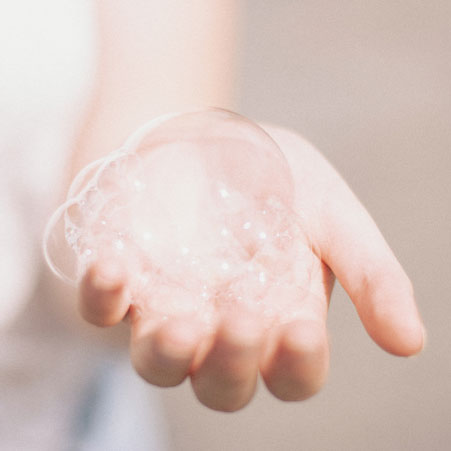
Wash with care
It's no secret that our laundry routines require a lot of energy and release tons of greenhouse gases every year. Studies show that 65% of our clothes' environmental impact comes from our washing and drying routines. This is because we wash at high temperatures, which require a lot of energy for heating. This is a negative environmental impact that we want to reverse, so here are some tips on how to wash more sustainably and protect nature.
The fact that our clothes need to be washed at high temperatures to kill bacteria has long been a misconception. In reality, today's machines are so efficient that bacteria are killed at temperatures as low as 40 degrees Celsius.
Modern liquid detergents are filled with enzymes ready to kickstart the cleansing process even at such low temperatures as 40 degrees Celsius.
It is important to dose the detergent correctly according to the amount of laundry. Too little detergent will not clean the clothes properly, while using too much detergent can lead to residue sticking to the clothes, potentially causing skin irritation and environmental pollution.
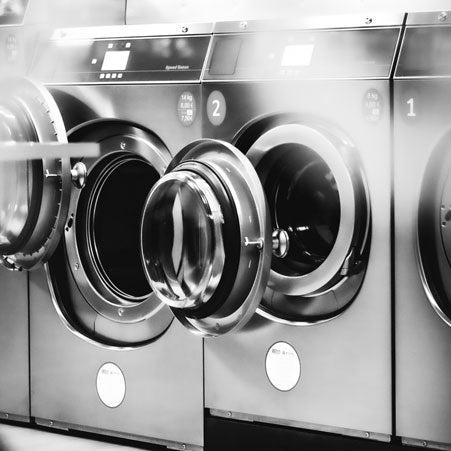
Fill up your
Washing machine.
One tip to be environmentally friendly is to air out clothes that have only been worn for a day. This helps them feel fresher for longer and can be used multiple times before ending up in the laundry basket.
Many of us often wash clothes, resulting in half-full washing machines. By washing less frequently and filling the machine with dirty clothes, we save on both emissions and energy.
To ensure that the clothes are properly cleaned, there needs to be space in the machine. Avoid overfilling it, as this consumes more energy and prevents the clothes from being washed correctly and thoroughly.
A helpful tip is to reach your arm into the top of the machine and try to move it. If there's enough space, the machine will have room to tumble the clothes and clean them effectively.
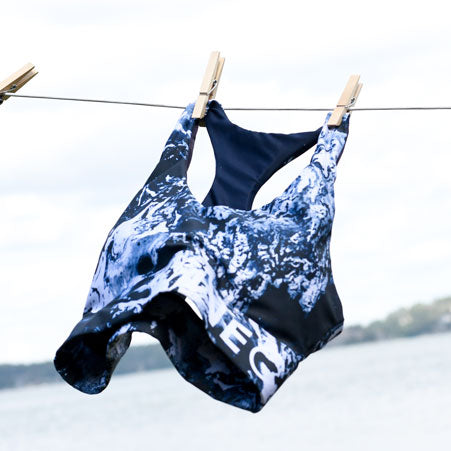
Let your products
Dry in the wind
The process of washing often leads to the process of drying; many washes result in many drying cycles. If you want to extend the lifespan of all your clothes hang out your clothes and let nature help you dry them.
Drying your clothes in a tumble dryer consumes unnecessary energy and can also wear out the fabric and stretch of your workout clothes.
Just remember not to hang the clothes in direct sunlight, as the UV rays can easily fade the colors.
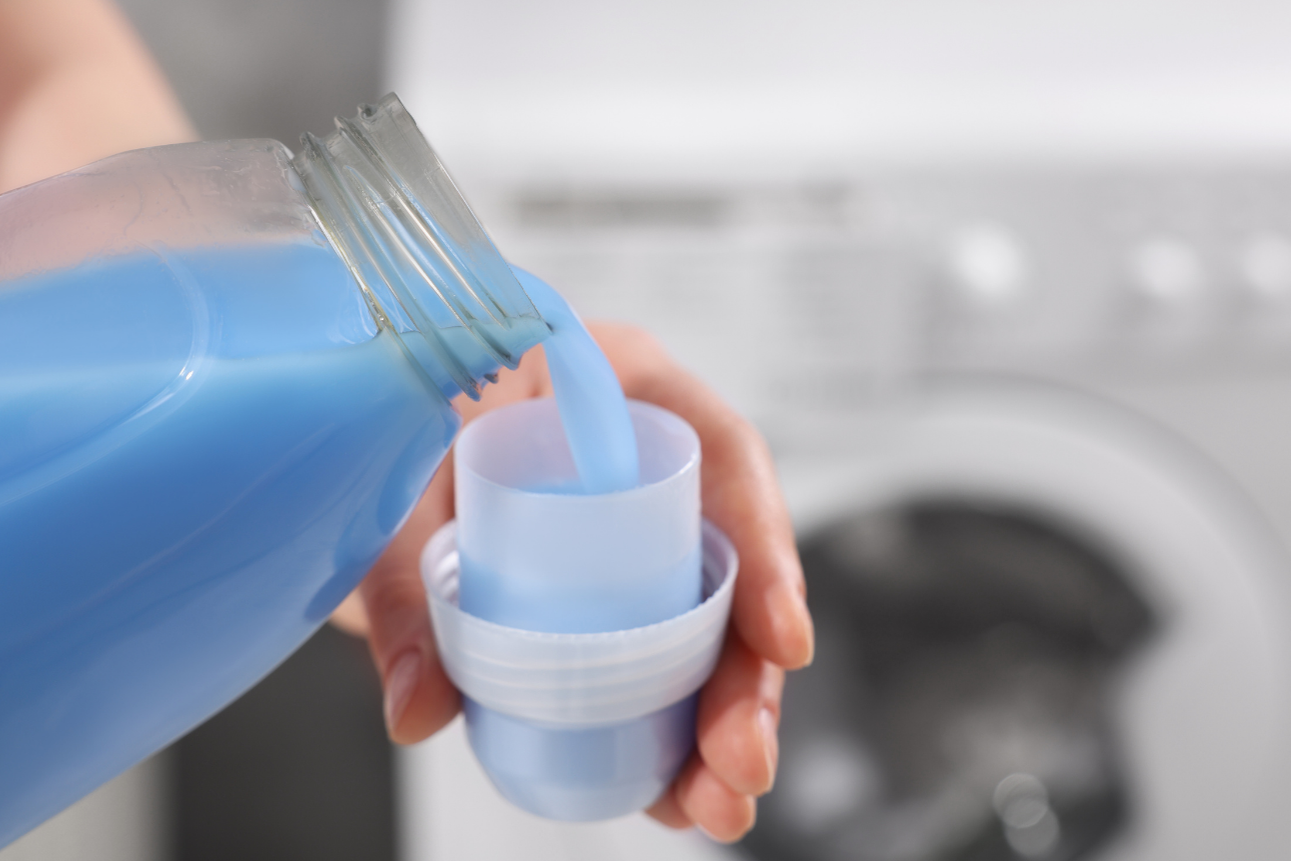
Dare to
Say no to fabric softener.
Be brave and say NO to fabric softener. It has long been known that fabric softener is neither good for the environment nor for individuals.
But how does it affect our sporstwear?
-Many softners disrupts hormones, which can lead to reproductive issues for both humans and wildlife.
-The softening properties of fabric softener break down the elastane in workout clothes, causing them to lose their elasticity and shape over time.
- Fabric softener forms a soft film on the fabric, acting as a moisture-repellent barrier that prevents detergent and water from penetrating the fibers of your workout clothes, making it difficult to cleanse them deeply.
- Our tip for achieving a naturally fresh scent on your clothes is to hang them out to air after washing.
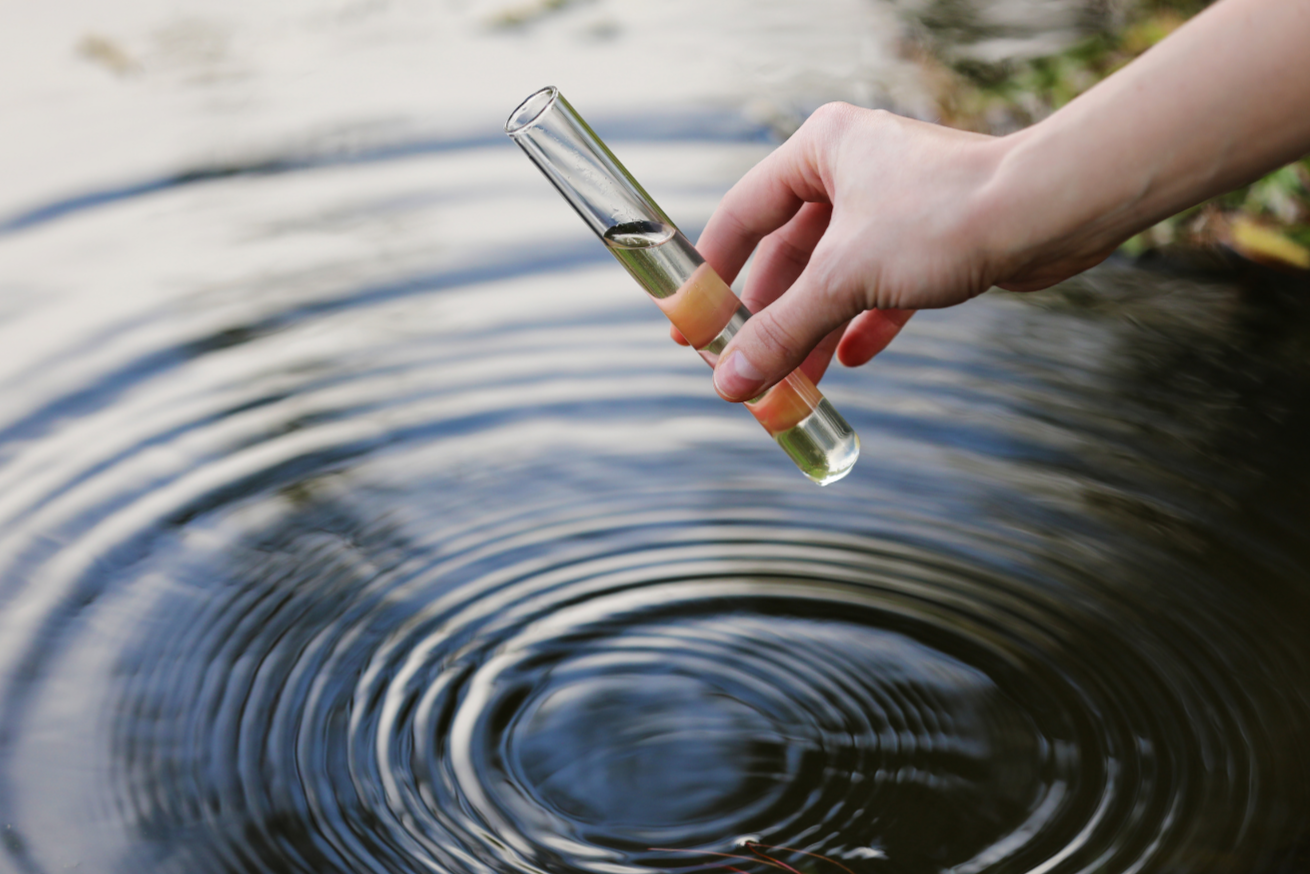
Minimize odor in workout clothes.
Minimize odor in workout clothes.
It's natural to sweat, and over time, workout clothes can develop an odor due to the combination of sweat, bacteria, and oils from our skin. Here are some tips to minimize the odor:
-Always turn your workout clothes inside out before washing them. .
-Make it a habit to hang up your clothes to air dry after each workout session.
-Baking soda, a versatile product you never thought you would use for anything other than baking cookies! One trick to eliminate odors is to use baking soda instead of laundry detergent. Simply pour some baking soda into the detergent compartment and let the machine work its magic!
-Vinegar is great for both stains and odors. Pour a little vinegar into the fabric softener compartment during the next wash. You can also soak the clothes in vinegar and water before washing them, just make sure they are completely dry before putting them in the machine.
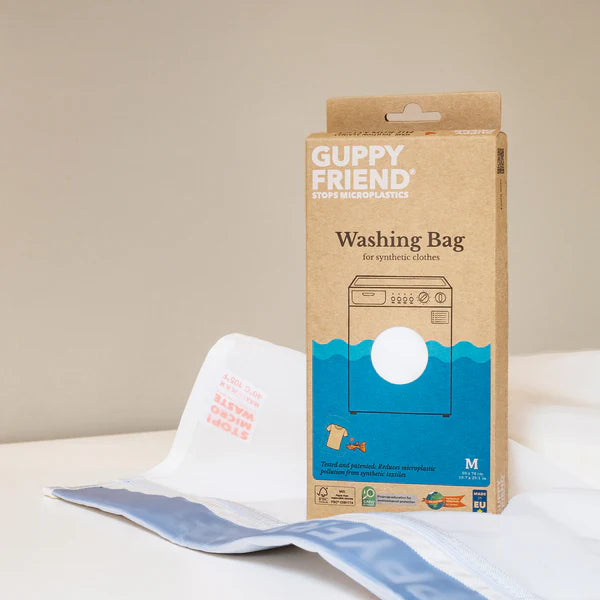
The magical properties
Of the laundry bag.
Use a laundry bag next time you wash your fabolous sportswear, by washing them in a laundry bag you expan the lifestime, protecting them from other garments in the machine that may have sharp zippers and buttons. A laundry bag can also prevent microfiber pollution from ending up in our waterways.
Guppybag is the laundry bag that we recommend, as it not only protect your clothes but also protects our oceans from microplastics.
